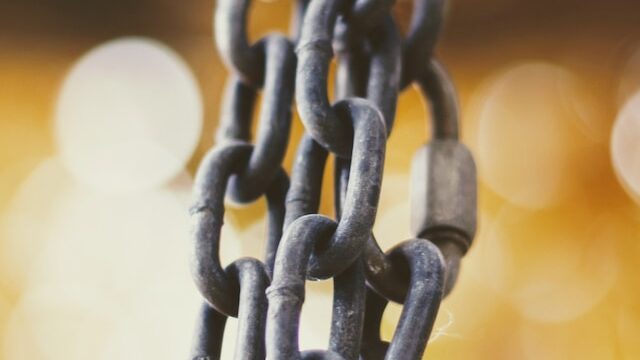Broken links are hyperlinks that take users to a no longer existing or inaccessible page. They’re annoying for both visitors and website owners alike.
Clicking a link to find out more only to end up on the dreaded error page frustrates users, erodes trust, and leads to lost customers and revenue.
User Experience
Broken links can cause a user’s experience to be less than ideal. Sending users to pages that don’t exist frustrates them, and it can create a gap in the information the page was meant to provide.
When evaluating websites, search engines also examine the user experience and a site with numerous broken links may be punished in its rankings. This is because it signals to the engine that the website needs to be maintained correctly and may miss important content.
Broken links should be promptly addressed to ensure visitors’ seamless browsing experience and to maintain a healthy website. This can be done using a broken link checker to scan your website and identify any issues. Additionally, reaching out to the owners of the pages or resources that have been moved can help you find alternative URLs or other helpful content to link to. Then, use 301 redirects to point to the new pages, preserving link equity and directing search engines to the most relevant content.
SEO
Broken links can affect SEO in several ways. For one, they can frustrate visitors and cause them to leave the website. They can also lead to 404 error pages, negatively impacting search engine rankings.
When there are a lot of broken links on a website, search engines may believe that the site needs to be maintained and reliable. This can result in a high bounce rate and a lower search engine ranking.
Website owners must check and fix their websites regularly for broken links immediately. This will improve user experience and help to maintain or improve search engine rankings. Set up a redirect from the broken page to a similar page on the website so visitors are not redirected to an error page. This will prevent them from losing confidence in the website and potentially going to a competitor. Contacting the linking website and asking them to update their link can also be helpful.
Reputation
Broken links don’t just damage user experience; they can also hurt your brand image. If potential customers click a link that takes them to a page that no longer exists, they’ll likely lose trust in your business and move on to a competitor with the information or product they need.
A broken link can be a result of any number of factors. For example, typos are shared in link URLs and can break a link if not corrected. Deleted and renamed pages are another common cause of broken links, as is when a website is redesigned without keeping old URLs in place.
Website owners should know what is a broken link and use tools and resources to check and fix them as they find them. This will help to enhance user experience, boost SEO rankings, and bolster a website’s performance online. If you want to learn more about how to find and fix broken links, read our blog post on the topic.
Conversions
Blinks prevent visitors from finding the information they want on your website. This creates a negative user experience, which can result in a high bounce rate and lower search engine rankings.
Broken hyperlinks are also called dead links and can be caused by various factors. The most common reason is that the linked page no longer exists. This can occur when a link is mistyped, the website owner deletes the page, or the URL changes without a redirect.
Users who click on a faulty link are frequently led to a “page not found” error notice, which is unpleasant and frustrating. As a result, they will likely leave your website without checking other pages. This will cause a high bounce rate, which search engines consider a negative signal. Aside from the user experience, breaking links can hurt your SEO. Therefore, you should regularly check for and fix broken links on your website.

